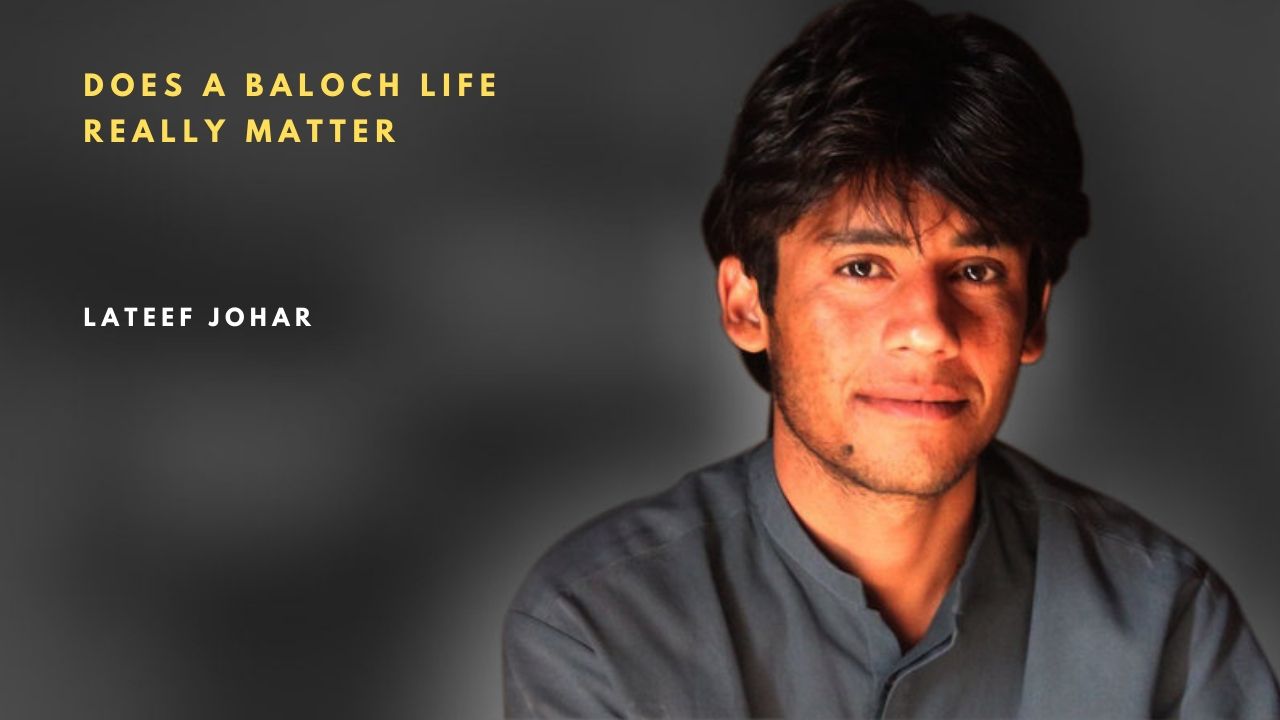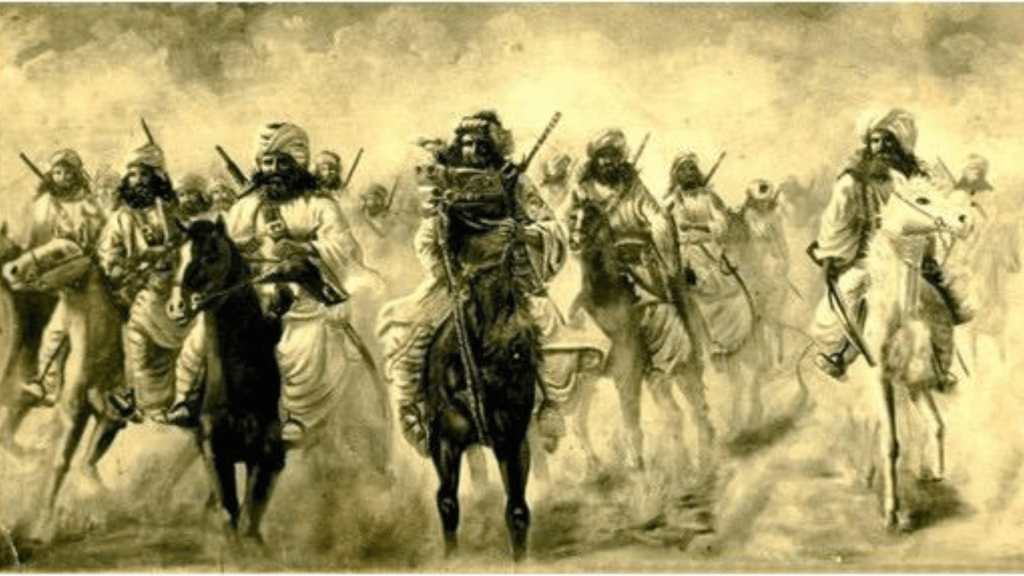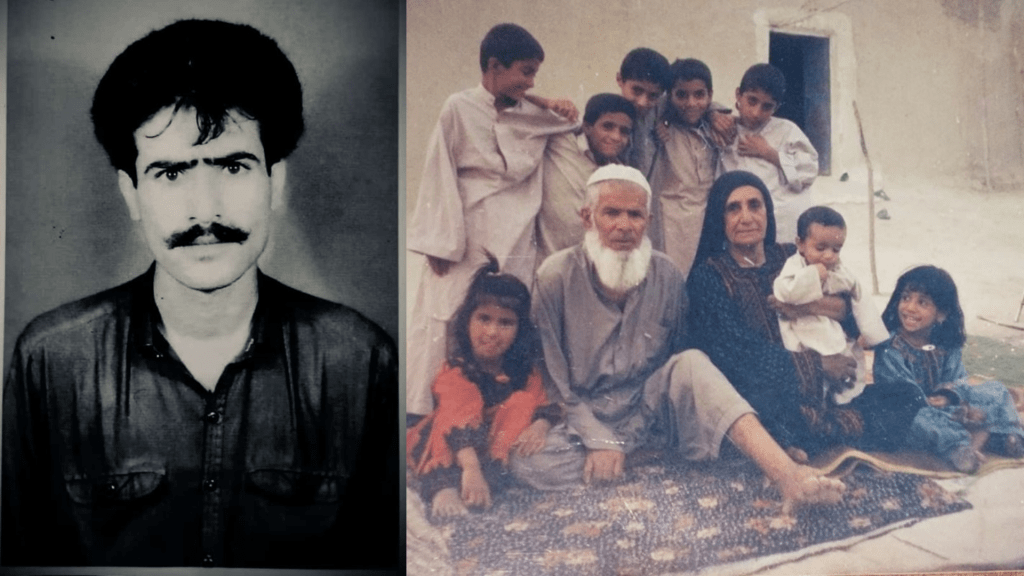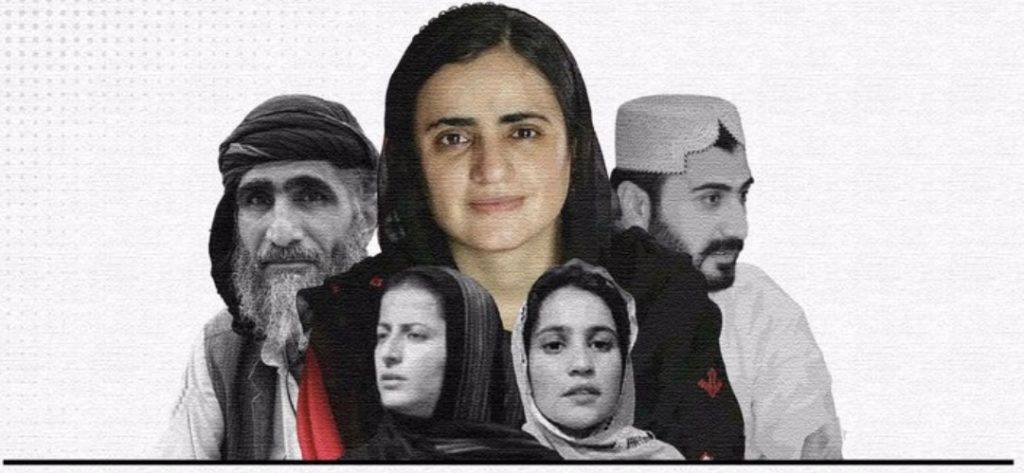In October three years ago, I, accompanied by a few fellow refugees from Balochistan, waited outside a Canada Border Services Agency office for another Baloch refugee friend who was being investigated to ascertain he was not a bad guy. As we waited, we received the news that another friend, a Baloch student leader, has been enforced disappeared back home.
I thought how miserable we, the Baloch, are as a people. One was trying to persuade the Canadian authorities that he was not a threat, rather his own life was in danger in Pakistan. The other was answering grilling questions at a secret Pakistan army torture chamber.
Shabir Ahmed is the name of the student leader who had been abducted. He was one of my closest friends and the information secretary of the Baloch Students’ Organization, the BSO. He was abducted during a Pakistan army raid on a house in Gwarkop, a village around the hills of the Kech region in Balochistan. The region borders the Gwadar district where the China has based its over 60 billion dollar investments in the CPEC project.
Shabir was visiting the village to collect data on victims of enforced disappearances. His wife, Zarina Baloch, and some friends were there when he was taken away.
Most men of the village fled when they saw two military gunships hovering. Hundreds of ground troops followed, cordoning off the entire exit points of the village. Shabir was one among the 24 villagers took away by the military that day. All of them were blindfolded and dragged into military trucks.
Everyone knows where they were taken to, but they can’t name it. It would result in another raid. More abductions.
It’s another October, but Shabir and other victims of that particular day have not yet returned to their families. They are officially missing.
Shabir’s wife and sisters have spent all those days waiting in misery. They have knocked at every door: from district courts to the higher courts in Pakistan, camping out in front of every major press club, and marching from Quetta to Islamabad. Everything in vain.
Seema, the younger sister of Shabir, who had motivated hundreds of family members of victims to join her protest outside the Quetta Press Club, is now nowhere to be seen. It has been months she was last seen at the press club.
And I am awfully scared to contact her to ask her. It will hurt them to see I am free and Shabir is languishing in a torture dungeon.
We, some friends of Shabir are human rights activists, living in Western democracies? We wanted to help, so we contacted the UN.
In a meeting in Geneva, officials of UN’s Working Group on Enforced or Involuntary Disappearances (WGEID) told us: “Our committee has sent the case of Shabir Baloch to authorities in Pakistan.” The next thing they said was: “but Islamabad doesn’t reply to our request to investigate the case.”
If we could have found justice in Pakistan, we wouldn’t need to come so far to complain to the world that the Baloch people are being systematically killed by the state itself.
And it made me think: does the life of a Baloch really matter at all? Where can we find a safe place to escape abductions, torture and executions?
Lateef Johar is a human rights activist based in Canada. He is the Deputy Coordinator, Human Rights Council of Balochistan. He regularly comments on the situation in Balochistan



